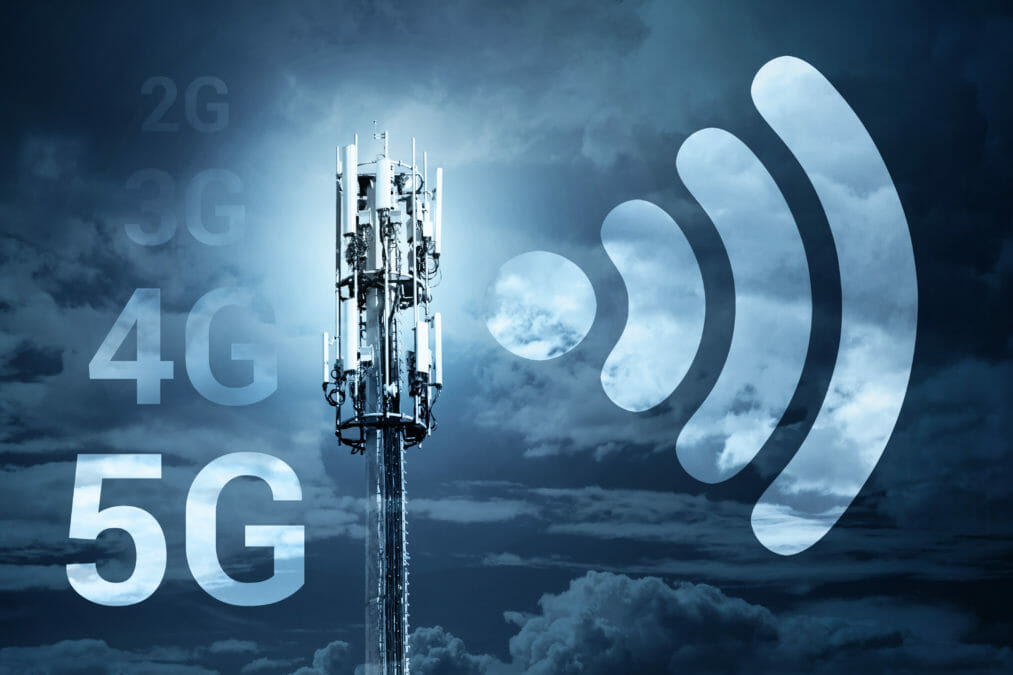The 4G and 5G energy efficiency research from Nokia and Telefónica focused on the power consumption of the Radio Access Network (RAN) in Telefónica’s network.
11 different pre-defined traffic load scenarios, which measured energy consumed per Mbps, were tested, with this study revealing that 5G RAN technology is significantly more efficient per data traffic capacity than legacy technologies.
It appeared that several hardware and software features that come with the 5G were able to aid the saving of energy.
Sustainable transformation: why climate change and the digital agenda are more closely linked than ever
Utilising Nokia’s AirScale portfolio, including AirScale Base Stations and AirScale massive MIMO Adaptive Antenna solutions, on-site base station energy consumption readings in various traffic load scenarios were combined, ranging from 0-100%.
Additionally, remote monitoring of actual power consumption through the network management systems was put in place.
Further measures required
With 5G rollout set to dramatically increase traffic, it’s vital that energy consumption doesn’t rise at the same rate.
While 5G is a natively greener technology, with more data bits per kilowatt of energy than any previous wireless technology generation, networks will require further enhancement of efficiency, as well as needing to continue minimising CO2 emissions.
Features that can aid this, which can be found at the radio base station and network levels, include 5G power saving features, small cell deployments and new 5G architecture and protocols.
Alongside this study, Nokia and Telefónica are developing smart energy network infrastructure and power saving features based on artificial intelligence (AI) and machine learning (ML), as well as collaborating to build green 5G networks.
In addition, both companies are looking to limit global warming to 1.5 Celsius, and Nokia is aiming to decrease emissions from its operations by 41% by 2030.
Saving the planet one byte at a time: how to reduce the carbon footprint of data
“We are committed to supporting action on climate change and engender a sustainable culture throughout our entire company,” said Juan Manuel Caro, director of operational transformation at global CTIO at Telefónica.
“We are proud to work collaboratively with Nokia on this project and others to address a range of initiatives including driving energy efficiencies in the 5G era.”
Tommi Uitto, president of mobile networks at Nokia, commented: “Our greatest contribution to overcoming the world’s sustainability challenges is through the solutions and technology we develop and provide.
“We place huge importance on this. Nokia’s technology is designed to be energy efficient during use, but also require less energy during manufacture.
“This important study highlights how mobile operators can offset energy gains during their rollouts, helping them to be more environmentally responsible while allowing them to achieve significant cost savings.”







